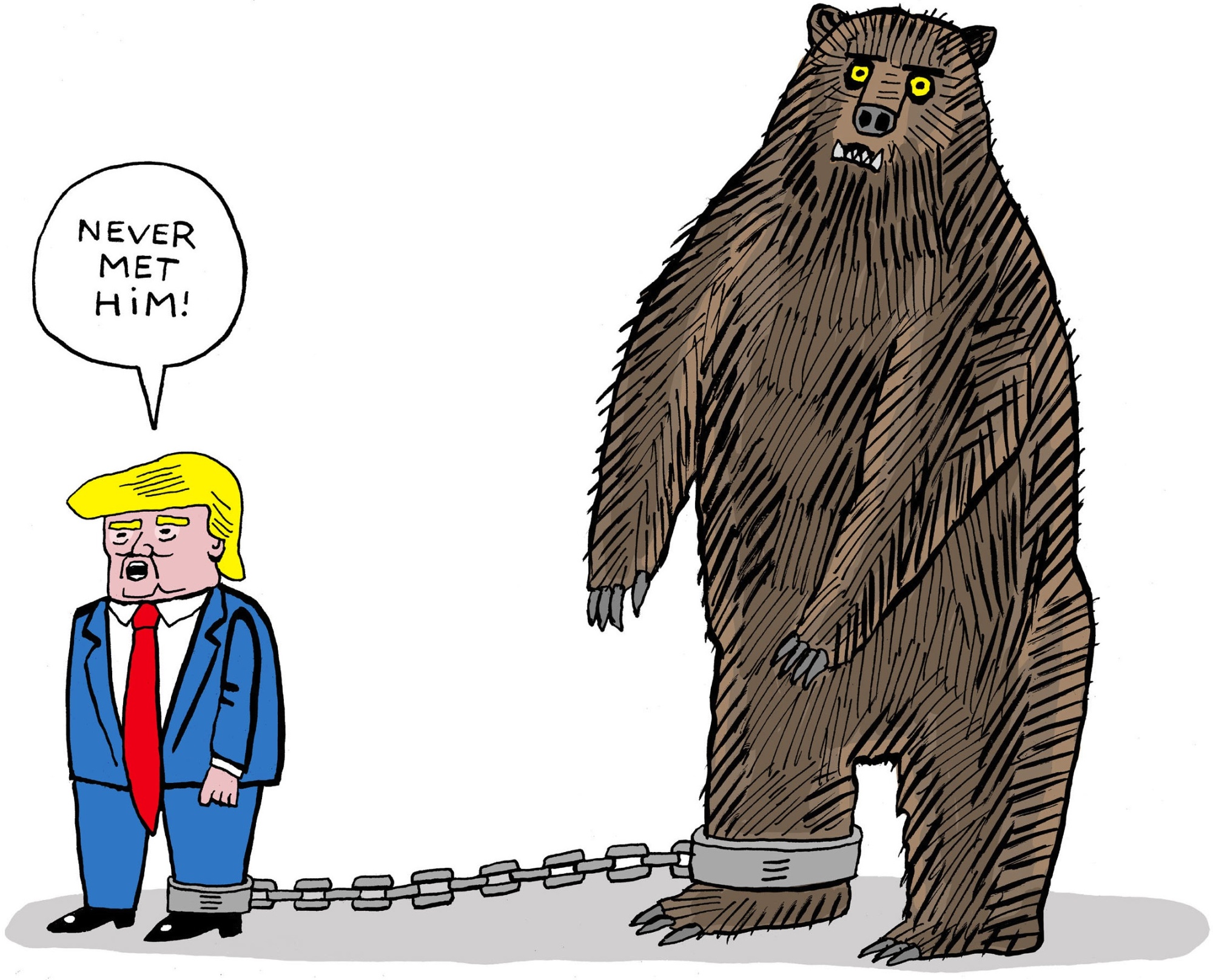Washington watchers breathlessly await the next shoe to drop in the investigation of Russian meddling in the 2016 U.S. presidential election, but the verdict is already clear: Russian President Vladimir Putin pulled off an extraordinary feat and notched a huge win regardless of the special counsel's official conclusion. No influence campaign could have done more to advance Russian interests and damage that of the United States.
The fact of Russian collusion (which remains disputed) or actual meddling in the election (which is not) is irrelevant. Putin may not be able to shift U.S. policy in ways that directly benefit Russia, but he has accomplished equally valuable objectives: The "mere" allegations and the subsequent furor have done grave harm to the U.S., the legitimacy of the democratic process and U.S. decision-making, and Washington's ability to craft policy on critical defense, security and foreign policy issues.
First, charges of Russian interference raise fundamental questions about the legitimacy and resilience of the electoral process and democracy itself. Revelations of troll farms, bots and tailored fake Facebook accounts have generated skepticism about elemental forms of interaction and the reliability of the basic information that Americans use for their decision-making in the voting booth. Voters, if not elections, appear susceptible to easy manipulation.



















With your current subscription plan you can comment on stories. However, before writing your first comment, please create a display name in the Profile section of your subscriber account page.